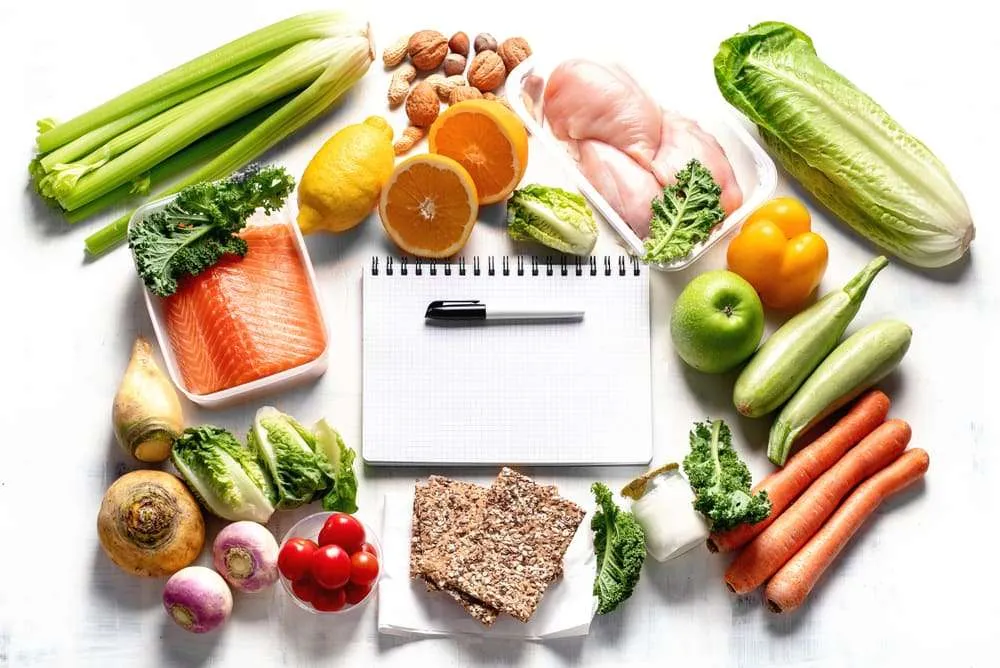
In a world where people can clone dogs, launch billionaires into space for fun, and edit their kids’ genes like it’s Photoshop, you’d think food—basic, everyday, must-eat food—would be figured out by now.
Yet, here we are, in 2025, with millions still bloated, brain-fogged, chronically exhausted, and popping supplements like Skittles.
You know what they say: “Even gold loses its shine when everyone touches it.” And that’s exactly what’s happened to generic diets.
Keto, vegan, low-fat, high-carb, eat like a caveman, starve like a monk—none of it sticks unless it’s built for you. Not your friend. Not some influencer. You.
Personalized nutrition has stopped being this elite, biohacker-only playground. It’s gone mainstream. No more guessing games with calories or macros while spiraling into food anxiety.
We’re now in an era where your body literally tells you what it wants—and you actually listen. Bloodwork, DNA, microbiome tests, wearable trackers—it’s all feeding data into systems that craft meal plans like they’re tailoring a damn suit.
Fitted to your metabolism. Cut to your cravings. Lined with your lifestyle.
What’s wild? People used to think one-size-fits-all diets were “easier.” Less thinking, less planning, less guilt. Just follow the food pyramid and you’ll be fine, right? Nah.
That pyramid was built on sand—and paid marketing. Now, we’re burning it down and building with something better: data that actually knows your name, your insulin response, your gut bugs, and the way your cortisol spikes when your ex texts back.
This isn’t about eating trendy superfoods or chasing the next fasting protocol some tech bro swears by. It’s about eating in a way that resonates with your biology.
That might mean steak and eggs for one person, and seaweed and fermented mung beans for another. It’s not sexy, but it’s real. Personalized nutrition doesn’t care if it fits into your aesthetic meal-prep grid—it cares if your mitochondria can keep the lights on.
And let’s not act like this is just about weight or abs. People are fixing migraines they’ve had for a decade, regulating their cycles without hormonal pills, reversing prediabetes, and reclaiming their focus—all just by knowing what their body thrives on.
It’s not magic. It’s just that, for once, we stopped shouting over our bodies and started translating them.
The real plot twist? Your body’s not the same every year. Hell, not even every month. Hormones shift, stress messes you up, sleep debt builds like credit card interest.
Personalized nutrition adapts with you. It’s not a dusty PDF diet plan from your 2021 resolution folder. It’s a living, evolving strategy—more loyal than half your situationships.
Still think it’s overhyped? Take this: A 2025 longitudinal study published in The Lancet Digital Health followed over 18,000 people using personalized nutrition plans.
Not only did they lose fat (duh), but they had statistically significant improvements in mood stability, inflammation markers, insulin sensitivity, and even sleep architecture. This isn’t just “eat this, not that”—this is biochemistry in real-time, baby.
We’re also witnessing a societal shift. Healthcare systems—yes, even the slow-moving bureaucratic beasts—are beginning to integrate personalized nutrition as a preventive model.
Because it’s cheaper to feed people what heals them than to patch them up when they break. Insurance companies are offering discounts if you wear a CGM (continuous glucose monitor) and follow your personalized nutrition metrics.
That’s right—the same companies who once rejected wellness claims faster than a broke man’s credit card are now begging you to eat right for you.
Is it all perfect? Hell no. There are still snake oil apps, overpriced wellness scans, and influencers with no credentials pushing broccoli like it’s the second coming. But among the noise, there’s a clear signal: the future of health isn’t found in restriction, but in precision.
To those still clinging to cookie-cutter diets, good luck. You’re bringing a rubber knife to a gunfight. The real revolution isn’t loud—it’s happening quietly in someone’s kitchen, guided by their data, supported by AI, backed by real food that makes them feel alive. Not just “not sick.” Alive.
“Your body isn’t a battleground—it’s a compass. Stop fighting it. Start following it.”
Welcome to 2025. The age where your food doesn’t just feed you. It knows you. And that changes everything.










Comment Analysis and CreationThis post nails how outdated the ‘one-size-fits-all’ diet mindset really is. It’s fascinating to see how biometric data is finally being used in a practical, personalized way—like having a direct conversation with your body instead of guessing. I’d love to hear more about how people are balancing this tech-driven approach with cultural or emotional eating habits.